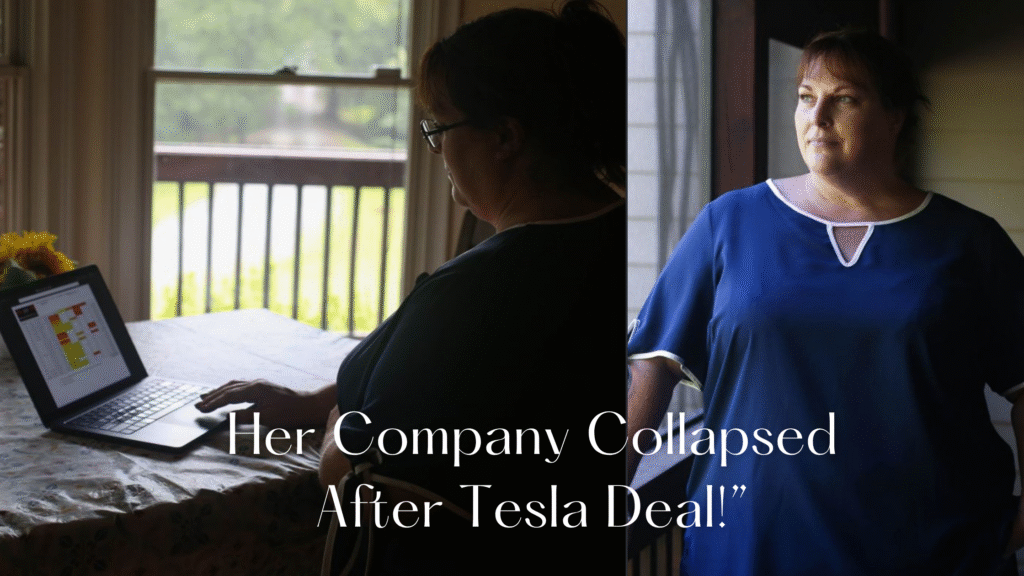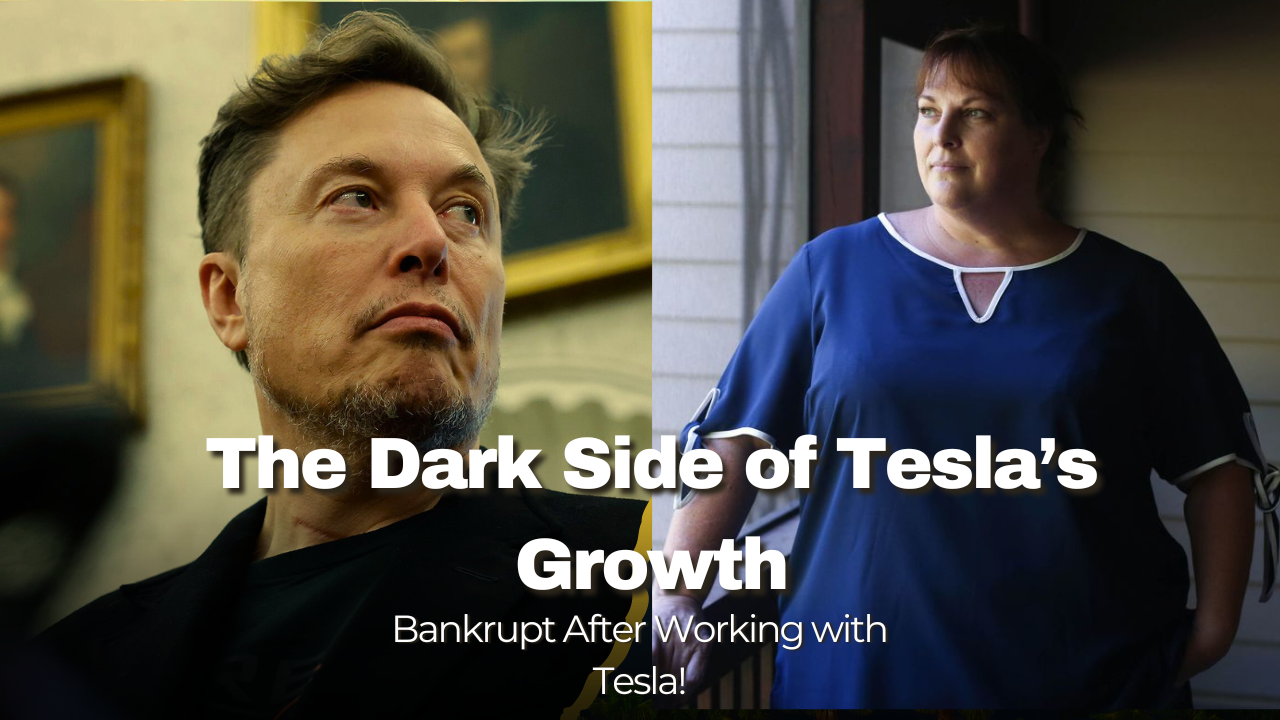Even after a court settlement, a former contractor claims that Tesla’s failure to make or delay payments on multimillion-dollar building projects forced her tiny firm into bankruptcy. Tesla has not publicly responded to these claims.

Background
Tesla recruited a number of small companies in Texas to help with its Gigafactory and other quickly growing activities. Among them was Jennifer Meissner, owner of Professional Process Piping, which took on a multimillion-dollar contract to supply plumbing systems.
According to court records and a CNN-backed investigation, Meissner’s firm continued work and incurred costs under the expectation of payment, but Tesla allegedly stopped paying unexpectedly. Faced with growing salary and equipment bills, she filed for bankruptcy, depleting her own funds in the process.
Legal Battle and Settlement
Meissner ultimately settled the case in bankruptcy court. Tesla agreed to pay approximately $650,000 to Meissner’s subcontractors. Despite the settlement, Meissner asserted that she remained hundreds of thousands of dollars in debt and could not recover financially.
Other contractors faced similar hardships. For example:
- Full Circle Technologies, a small security‑equipment firm, filed for bankruptcy after allegedly not receiving nearly $600,000 in invoices.
- A fuel supplier reportedly won a settlement after Tesla rejected claims for $2.7 million in diesel deliveries.
These actions are part of a larger pattern: in recent years, over $110 million in lien filings have been filed against Tesla projects in Texas alone, with over $24 million still owed.
Broader Trends and Industry Response
Experts point out that lien filings are usually a last step for unpaid merchants. The unusually high volume against Tesla has raised concerns about potential systemic issues in how the company handles contractor payments.
One contractor explained Tesla’s conduct bluntly:
“Tesla was probably one of the only companies we did business with where it just felt like they absolutely did not care about putting a company out of business.”
In court, Tesla’s attorneys acknowledged that the company often pays late—a common issue with both invoices and legal bills
Implications and Community Impact
- Financial Fragility of Small Businesses: Many small contractors are highly leveraged, allocating staff and capital on the strength of contracts. Delayed or missing payments can quickly lead to insolvency.
- Legal Leverage Power Dynamics: The size of Tesla’s internal resources may put substantial financial pressure on smaller enterprises to settle, even if they owe large sums.
- Reputation Risks: While Tesla has not issued a statement in these cases, the litigation and unpaid claims may impact its appeal as a reliable partner among vendors and construction experts.
What’s Next?
Some cases have been resolved through bankruptcy settlements or lien actions, but not all disputes are public.
Industry observers are keeping an eye on if additional contractors file underpaid claims, which might lead to larger probes or changes.
Tesla has remained silent on the specifics, though the company reportedly acknowledged late payments in prior proceedings.
Conclusion
The case involving Jennifer Meissner reflects a potentially troubling pattern: small businesses sunk into financial distress following work completed for one of the world’s most valuable corporations. Despite a partial settlement, Meissner’s debt-laden conclusion demonstrates the risks that occur when high-demand projects clash with delayed payment cycles. The broader tally of unpaid liens—totaling in the tens of millions—suggests this is not an isolated incident, and it warrants wider scrutiny from across industry and regulatory circles.

